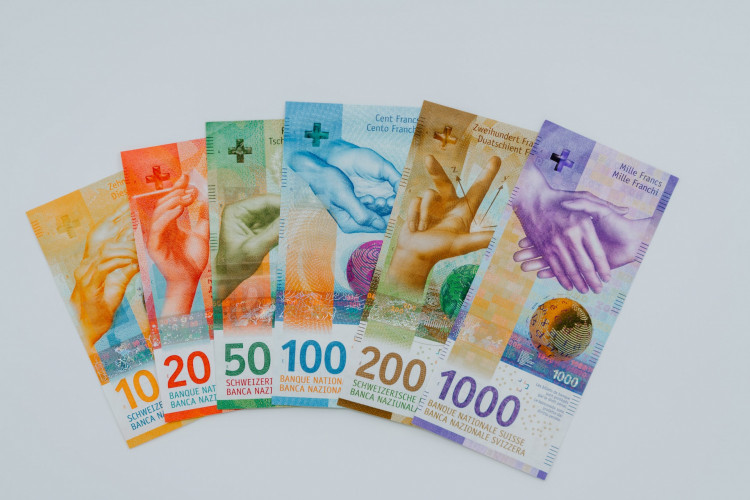Using preliminary data, the Swiss National Bank announced a loss of 132 billion Swiss francs ($143 billion) for the 2022 financial year.
It said that as a result, it would not make its customary payments to the Swiss government and member states. Payments to its shareholders would also be impacted. The bank reported a 26 billion franc profit in 2021.
It amounts to about 18% of Switzerland's anticipated gross domestic product of 744.5 billion Swiss francs, which would be the largest loss in the central bank's 116-year existence. It lost 23 billion francs in 2015, which was the previous record.
Among the losses were 131 billion Swiss francs from foreign currency positions and 1 billion from Swiss franc positions, despite the franc's robust gains as investors rushed to the supposed safe haven amid European instability.
According to Karsten Junius, chief economist at Swiss bank J.Safra Sarasin, the central bank's losses would not affect monetary policy, and he expects another 100 basis point rise to 2% this year.
"While the SNB will also need some time to rebuild its valuation reserves it will take less time to show profits than in the case of the European Central Bank," he said, also noting that inflation in Switzerland was closer to its 2% target than in the euro zone.
"While both central banks are structurally profitable as they can renumerate their liabilities at a lower rate than the market, the SNB will earn higher market interest this year already while the ECB is stuck with its low yielding bonds in its book and will be unprofitable for many years."
Due to its reliance on exports, Switzerland has historically tried to control the strength of the franc. However, analysts contend that the euro zone's inflation has allowed Swiss industries to maintain their competitiveness despite the growing franc.
The Swiss franc has been trading above one euro since June 2022; it had previously only temporarily attained this level in 2015 following the removal of its 1.20 peg to the EU's single currency.
For the third time in 2022, the SNB increased interest rates in December, to 1%. That was done to combat the 3% inflation rate, which is far lower than the euro zone's ongoing 10% inflation rate.
Last year, the SNB was also hurt by losses in its stock and bond portfolios as a result of the broader market collapse. It did, however, profit 400 million francs from its gold holdings.






